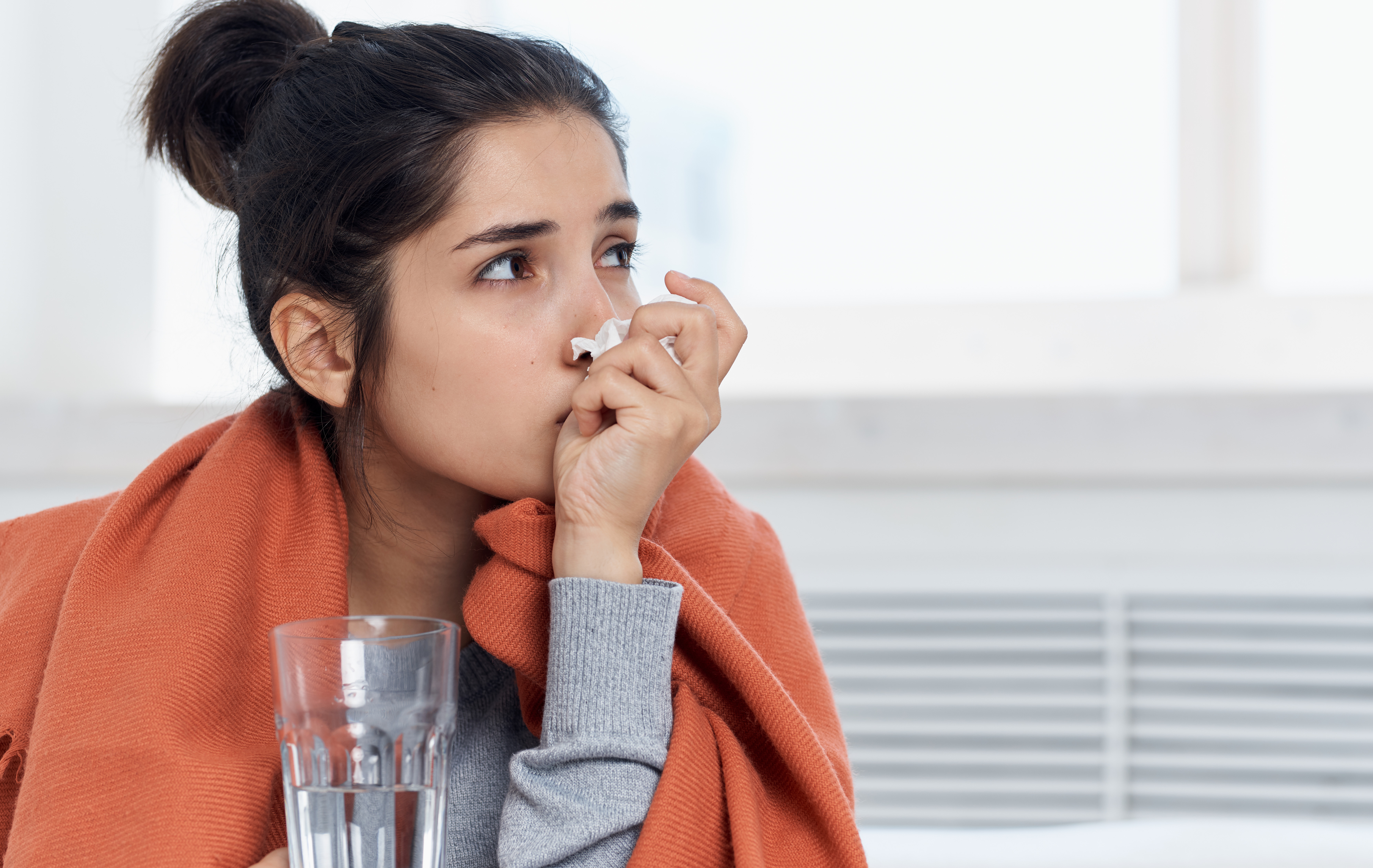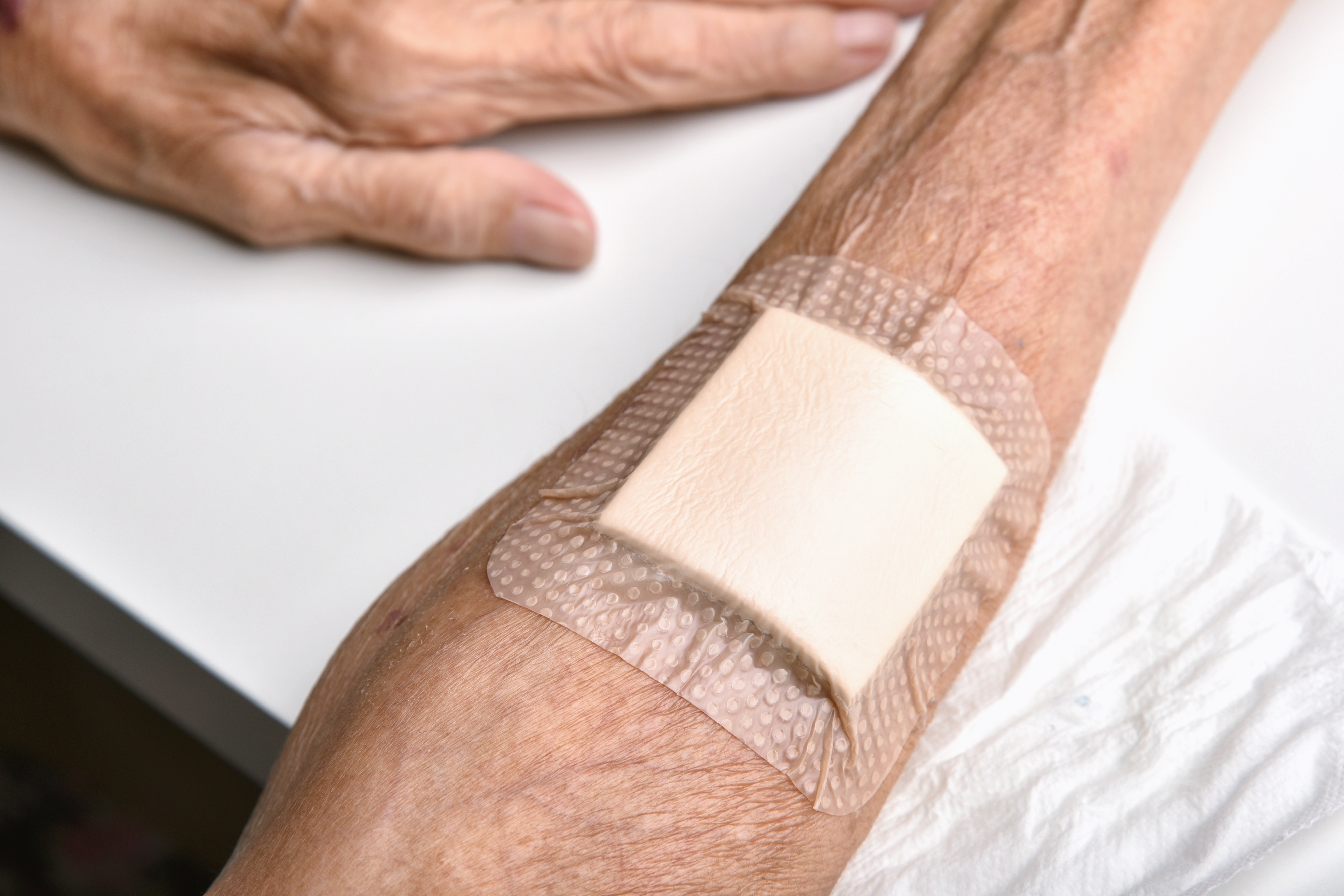11 Unmistakable Clues You Might Have an Autoimmune Disorder
5. Allergic Reactions: An Overactive Immune Response

Allergic reactions occur when the immune system overreacts to harmless substances, such as pollen, pet dander, or certain foods. This hypersensitivity indicates that the immune system is in a heightened state of alert, mistakenly identifying these substances as threats. Allergies can manifest as skin rashes, respiratory issues, or gastrointestinal disturbances, and they can significantly impact quality of life. The prevalence of allergies has been increasing, with research suggesting that environmental factors, genetics, and changes in the microbiome all play a role. An overactive immune response can be exhausting for the body, as it diverts resources to fight perceived threats, leaving the immune system susceptible to actual pathogens. Recognizing allergic reactions as a sign of immune system imbalance can lead to targeted interventions, such as allergy testing and immunotherapy, as well as lifestyle changes to reduce exposure to allergens. Supporting immune health through proper nutrition, stress management, and maintaining a healthy gut can also help modulate immune responses and alleviate allergy symptoms.
6. Slow Wound Healing: A Delayed Recovery

The process of wound healing is a complex interplay of immune responses, including inflammation, tissue formation, and remodeling. When wounds heal slowly, it can be a sign that the immune system is not functioning efficiently. Several factors can contribute to delayed wound healing, including nutritional deficiencies, poor circulation, and chronic diseases such as diabetes, which can impair immune responses and hinder the body's ability to repair damaged tissues. The immune system plays a critical role in wound healing by coordinating the activities of various cells and signaling molecules to promote tissue repair. When this process is disrupted, it can lead to prolonged inflammation and increased risk of infection. Recognizing slow wound healing as a sign of immune system compromise can prompt individuals to assess their overall health and consider interventions to support healing. This may include optimizing nutrition, managing underlying health conditions, and ensuring proper wound care to facilitate recovery.
